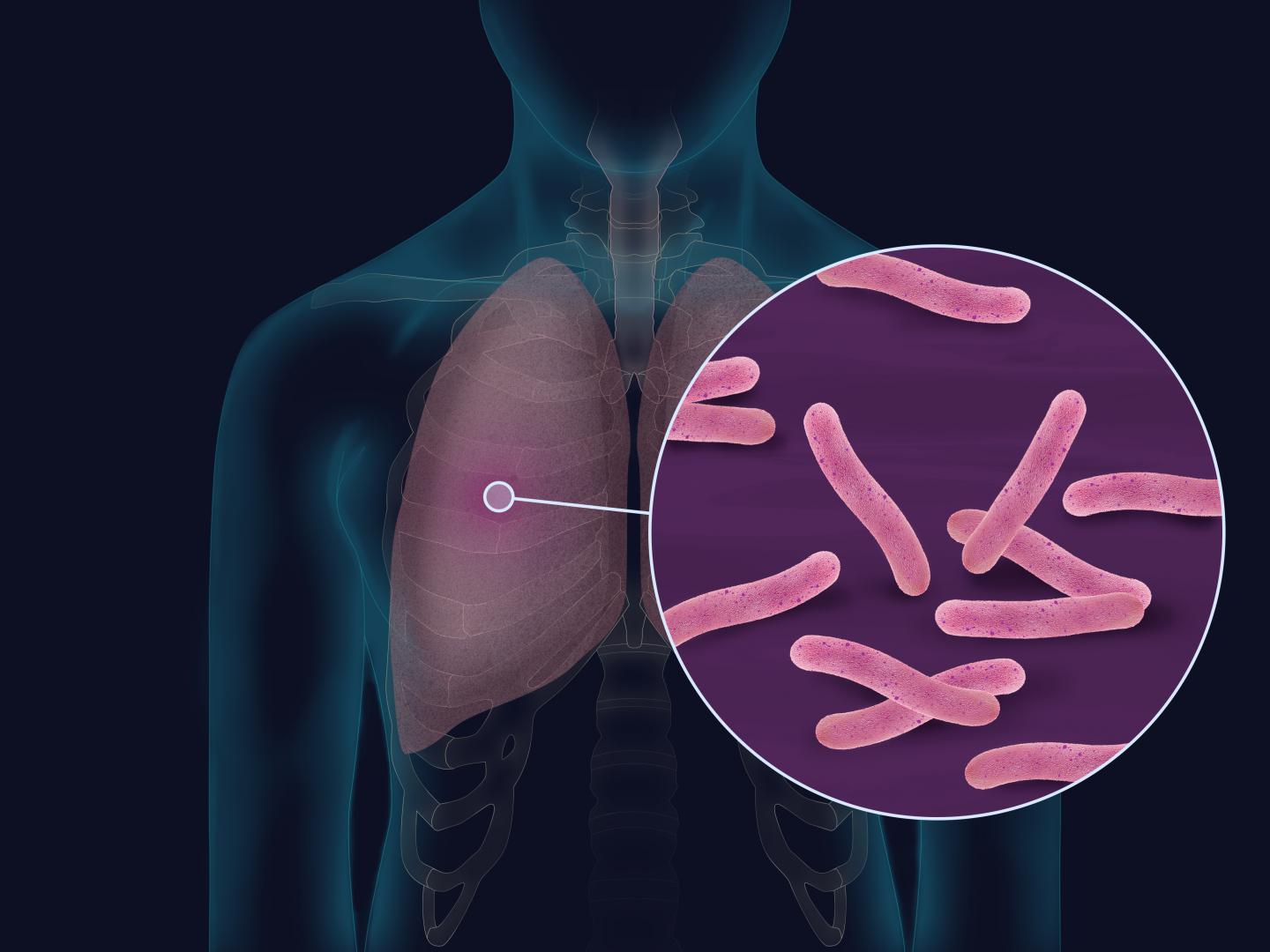Dr Matthew Hind
Respiratory Physician
Specialist expertise: Breathlessness, Cough, Respiratory Infections, Sleep, Snoring, COPD, Respiratory Failure, Lung Health.
Respiratory tract infections (RTIs) can affect the sinuses, throat, airways or lungs. Most RTIs get better without treatment, but sometimes you may need to seek additional care.

Respiratory infections (sometimes known as Respiratory tract infections or RTIs) is a catch-all phrase for infections occurring in the throat, sinuses airways or lungs (see our page on Chest infections) Most respiratory infection usually pass within a couple and symptoms are usually treatable at home. However if your symptoms (see below) are persistent, then you may need to seek medical attention.
Causes of respiratory infections
The treatment your consultant picks will depend on the cause of your RTI. Usually, the cause of an RTI will falls into one of the following categories:
Sometimes a sample of your mucus may need to be tested to see what’s causing your RTI.
Types of Respiratory infection:
There are several different types of RTI, which are commonly grouped into upper and lower RTIs – note the ‘flu’ can be either an upper or a lower RTI. Lower RTIs typically last longer than Upper RTIs and can have more severe symptoms and implications.
Lower RTIs are infections of the airways and lungs such as: bronchitis, bronchiolitis, chest infection, pneumonia.
The main symptoms of a chest infection can include:
You may also experience more general symptoms of an infection, such as a headache, fatigue, sweating, loss of appetite, or joint and muscle pain.
If you are feeling any of the symptoms, it is important to reduce the risk of passing them onto anyone else. Make sure that you cover your mouth when you feel you need to cough or sneeze. Wash your hands regularly and dispose of any tissues you use immediately.
Your consultant should be able to diagnose you based on your symptoms and by listening to your chest using a stethoscope. In some cases, further tests – such as a chest X-ray, breathing tests and testing phlegm or blood samples – may be necessary.
Usually, an RTI can be managed at home. If you visit the pharmacist, they can suggest some treatments to help you such as decongestants and nasal sprays. You may also take paracetamol and ibuprofen, though if you are taking medicine alongside these, be careful not to take more than the recommended dose. Check with your pharmacist if you are pregnant, or looking after a small child or baby.
You should seek medical advice if:
Currently selected day
Available consultations
We’ve invited the UK’s best respiratory specialists to join us as partners, with the freedom to make design and delivery decisions based on what’s best for patients.